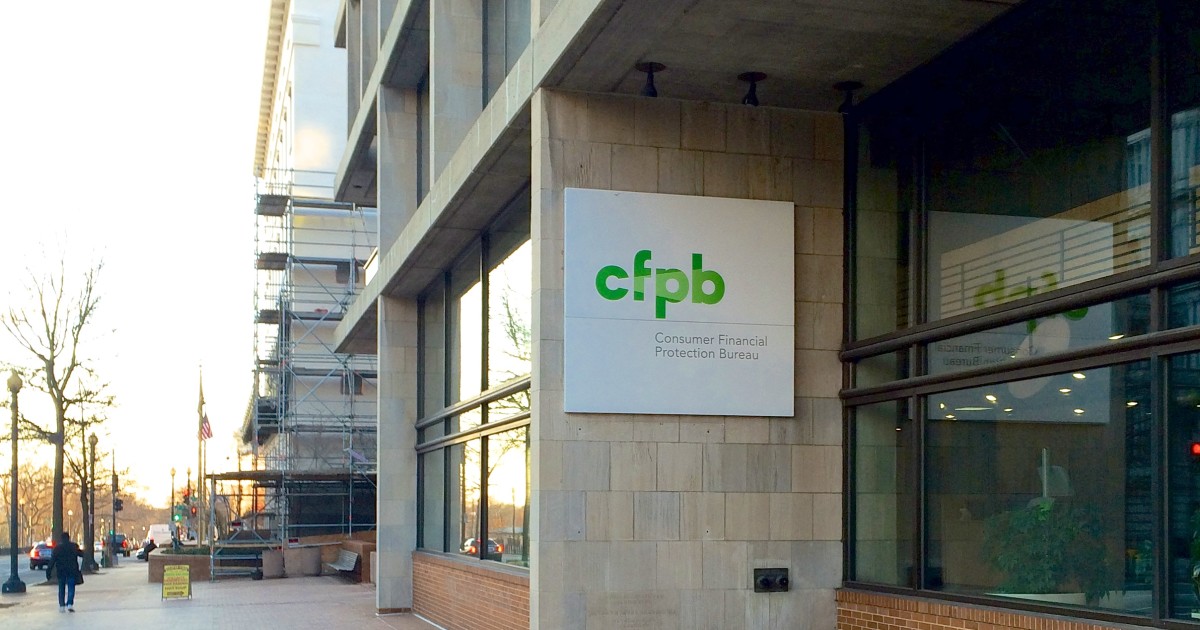
Few financial institutions may benefit from the Consumer Financial Protection Bureau's new proposed rule. It increases exemptions for high cost mortgages made by smaller lenders, though such loans are few and far between.
"Because few entities are likely to be affected by the proposed rule, and these entities originate a relatively small number of mortgages, the bureau notes that the benefits, costs, and impacts of the proposed rule are likely to be small," the proposal said.
"However, in localized areas, some newly exempt community banks and small credit unions may increase mortgage lending to consumers who may be underserved at present," the document read.
Changes to the existing exemption were mandated in the Dodd-Frank regulatory relief act passed by Congress and signed into law by President Trump in 2018.Under the proposal, the high-cost mortgage escrow exemption would be expanded to banks and credit unions with assets of $10 billion or less. In addition, these institutions must have originated 1,000 or fewer first mortgages on owner-occupied properties in the preceding calendar year.
High-cost mortgages on a federal level (some states also have their own statutes) were established in 1994 by the Home Ownership Equity and Protection Act. Rulemaking authority passed to the CFPB when that agency was created.
In its latest notice, the CFPB pointed out that the agency in 2013 already exempted creditors with assets of under $2 billion from the escrow requirements.
At the same time, this new exemption, which comes under the Truth-in-Lending Act, is narrower than the existing one in several ways, the CFPB's notice said. It is limited to insured banks and credit unions, while the existing exemption applies to any creditor (including a non-insured lender) that meets its criteria.
In regards to the $10 billion asset size, the CFPB said Congress "meant to carve out a carefully circumscribed exemption available to insured depository institutions and insured credit unions that do not pursue mortgage lending as a major business line." Meanwhile, it put in the 1,000 loan limit; current regulations have a 2,000 loan limit.
"This suggests that the institutions Congress intended to exempt do not need to be as small as those benefiting from the original exemption, but their mortgage lending business should be small enough that they do not benefit from economies of scale in providing escrow accounts," the notice said.
The CFPB estimated that fewer than 3,000 high-cost mortgages were originated in 2018 by institutions affected by the rule. If they desire, exempt entities could choose to provide borrowers with escrow accounts.
If there is no associated escrow account with the mortgage, the borrower becomes responsible for paying their own taxes rather than the servicer.
However, if the taxes aren't paid by the borrower, the taxing entity can place its own lien and initiate its own foreclosure proceedings.
But for the banks and credit unions that would fit under the new exemption, "the main benefit of the rule on affected entities would be cost savings. There are startup and operational costs of providing escrow accounts," the notice said.
Still, "the bureau believes that for most lenders the marginal benefits of maintaining escrow accounts outweigh the marginal costs, on average, because in the current market lenders and servicers often do not relieve consumers of the obligation to have escrow accounts unless those consumers meet requirements related to credit scores, home equity and other measures of default risk," the proposal said.



